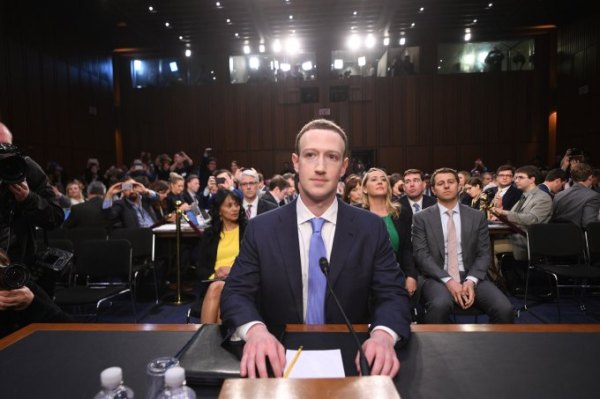When the newly-minted chair of a congressional antitrust committee calls you out, it’s probably time to start worrying.
In an op-ed for the New York Times, Rhode Island Representative David N. Cicilline has called on the Federal Trade Commission to look into Facebook’s behavior for potential antitrust violations, citing TechCrunch’s own reporting that the company collected data on teens through a secret paid program among many other scandals.
“After each misdeed becomes public, Facebook alternates between denial, hollow promises and apology campaigns,” Cicilline wrote. “But nothing changes. That’s why, as chairman of the House Subcommittee on Antitrust, Commercial and Administrative Law, I am calling for an investigation into whether Facebook’s conduct has violated antitrust laws.”
Cicilline’s op-ed intends to put pressure on the FTC, a useful regulatory arm that he accuses of “facing a massive credibility crisis” due to its inaction to date against Facebook. And while the FTC is the focus of Cicilline’s call to action, the op-ed provides an insightful glimpse into what Facebook actions are salient for the lawmaker that Bloomberg called “the most powerful person in tech” when he became the ranking member of the House Judiciary’s Subcommittee on Antitrust, Commercial and Administrative Law this year.
That committee, now led by a Democratic party increasingly interested in breaking up big tech as a platform pillar, is a potentially powerful mechanism for antitrust action against the monopolistic power brokers that dominate the Silicon Valley we’ve come to know.
“For years, privacy advocates have alerted the commission that Facebook was likely violating its commitments under the agreement. Not only did the commission fail to enforce its order, but by failing to block Facebook’s acquisition of WhatsApp and Instagram, it enabled Facebook to extend its dominance,” Cicilline wrote, noting a fine must be multiple billions of dollars to impact the massive company at all. As we reported last month, the FTC is reportedly looking at a potentially multi-billion dollar fine but such a costly reprimand has yet to materialize.
The lawmaker also cites Facebook’s “predatory acquisition strategy” in which it buys up potential competitors before they can pose a threat, stifling innovation in the process. Cicilline also views the company’s decision to restrict API access for competing products as “evidence of anticompetitive conduct” from the social giant.
Cicilline also takes a familiar cynical view of Mark Zuckerberg’s recent announcement that Facebook would weave its products together in a move toward private messaging, calling it “a dangerous power grab to head off antitrust action.” That perspective gives us a clear glimpse of the what lies ahead for Facebook faces as the antitrust headwinds pick up around the 2020 presidential race.
“American antitrust agencies have not pursued a significant monopoly case in more than two decades, even as corporate concentration and monopoly power have reached historic levels,” Cicilline wrote.
“It’s clear that serious enforcement is long overdue.”
